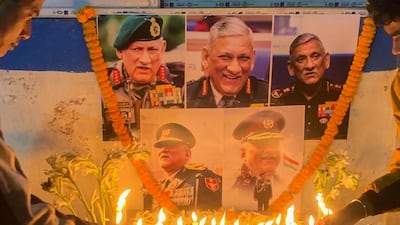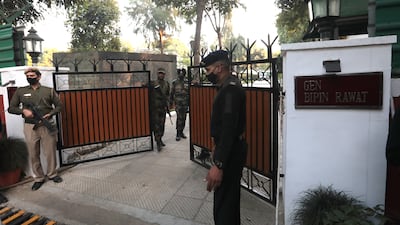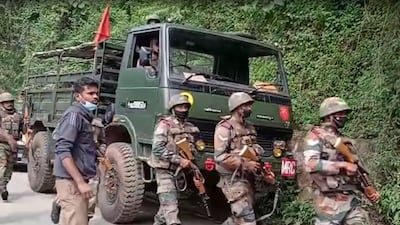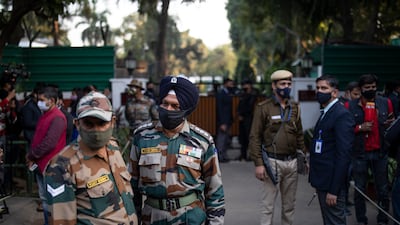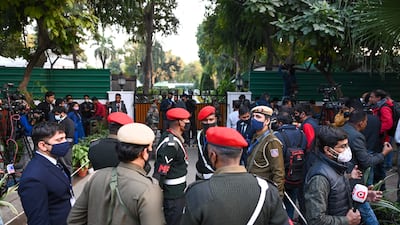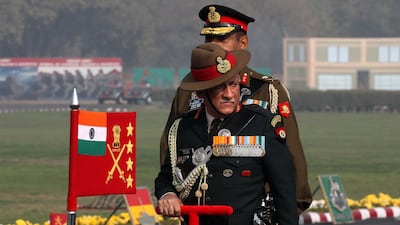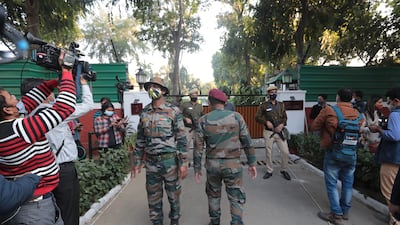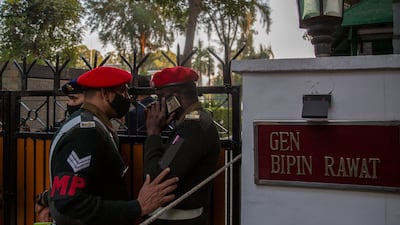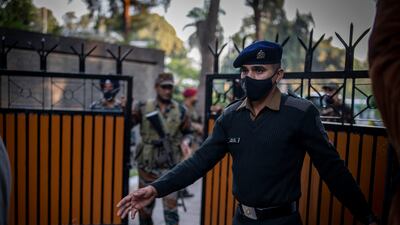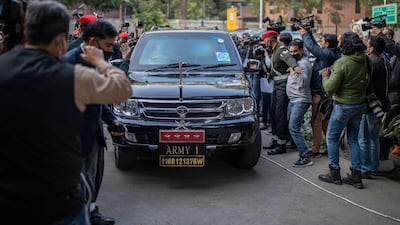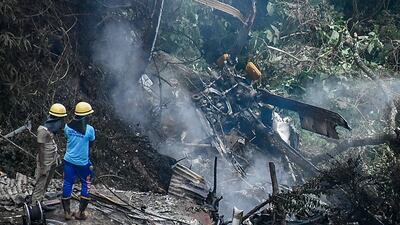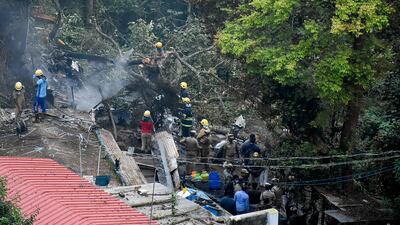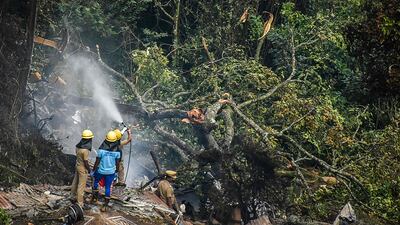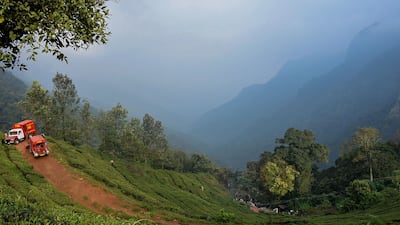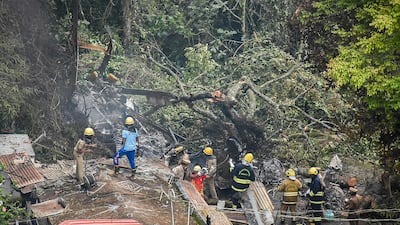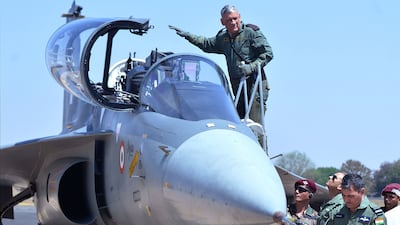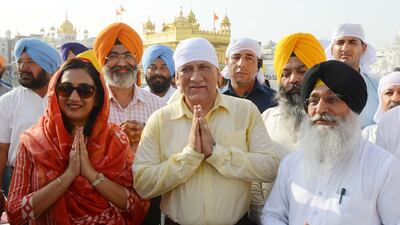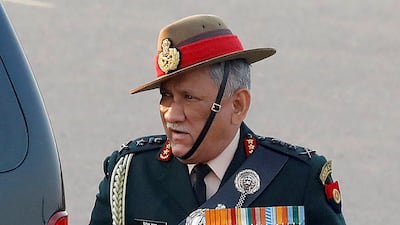India’s first chief of defence staff General Bipin Rawat, his wife and 11 military officials died on Wednesday in a helicopter crash in the hills of Nilgiris, in southern Tamil Nadu state.
Gen Rawat, 63, was once shot by Pakistani troops as a young officer and had survived a helicopter crash in 2016.
He was appointed India’s first chief of defence staff in December 2019, after Prime Minister Narendra Modi created the post to bring synergy to the Indian armed forces.
Who was General Bipin Rawat?
Gen Rawat was born in March 1958 into a military family from Pauri in Himalayan Uttarakhand state with four generations of service to the country. His father retired from the army as a lieutenant general.
An alumnus of National Defence Academy and the Indian Military Academy, Gen Rawat was commissioned as a lieutenant in 1978 and climbed the military hierarchy to become the chief of the 1.3 million strong army in 2017.
He was known for his plain speaking about friends and adversaries and stirred controversy with his comments on Kashmir, China and India’s domestic politics.
But he was popular among the ranks and considered as a “soldier’s general” for his unflinching dedication to the armed forces as he led the mission to modernise India's military.
As a young officer he served along India’s tense borders with Pakistan and China and was shot by Pakistani soldiers during a clash along the Line of Control in the disputed Kashmir region. This earned him the Indian Army’s Wound Medal.
Gen Rawat is credited for reducing insurgency in India’s north-eastern states where a decades-long rebellion had left tens of thousands dead.
He also commanded India's first “surgical strike” in 2015, raiding training camps of anti-Indian insurgent groups inside Myanmar.
A year later, he survived a helicopter crash, after it nose-dived moments after take-off.
Gen Rawat was also part of the UN Peacekeeping Force and had commanded a multinational brigade in the Democratic Republic of the Congo.
In 2016, he was involved in planning operations in which the Indian troops crossed into Pakistan-controlled Kashmir to “avenge” the killing of 19 soldiers in an extremist attack on an army base camp in Uri.
Why was General Rawat considered controversial?
India's stand-off with China at Doklam, on the Line of Actual Control along their disputed border, also took place under his watch.
He was known to be close to Mr Modi, a Hindu nationalist politician, and his tenure as army chief coincided with a more muscular policy against Pakistan.
But Gen Rawat often ruffled the feathers with his statements on issues considered outside the domain of the traditionally apolitical Indian armed forces.
He courted controversy with criticism of the protests over the Citizenship Amendment Bill, which offered Indian citizenship to persecuted religious minorities except for Muslims from neighbouring Pakistan, Bangladesh and Afghanistan.
He once he remarked that Indians should be as afraid of their armed forces as India’s adversaries and lamented that protesters in Kashmir were only throwing stones on his soldiers rather than using weapons that could have allowed his troops to retaliate in an appropriate manner.
Gen Rawat also described migration from Bangladesh into India's Assam state as Dhaka seeking settler colonialism and recently voiced approval of “lynching as a positive way of dealing with terrorists” in Jammu and Kashmir.
He had termed China's growing ties with the Islamic world as the “clash of civilisations” against the West and only last month attracted criticism from the Chinese government for saying that Beijing was the biggest threat to India.
Who was General Rawat's wife?
Gen Rawat’s wife Dr Madhulika Rawat was president of the Army Wives Welfare Association, one of the largest non-government organisations working for the welfare of wives, children and dependents of army personnel.
The daughter of a politician from a royal background, Dr Gupta organised many welfare programmes and campaigns for army widows, children with disabilities and cancer patients.
The couple married in 1986 and are survived by two daughters. One lives in Mumbai and the other was living with her parents.
